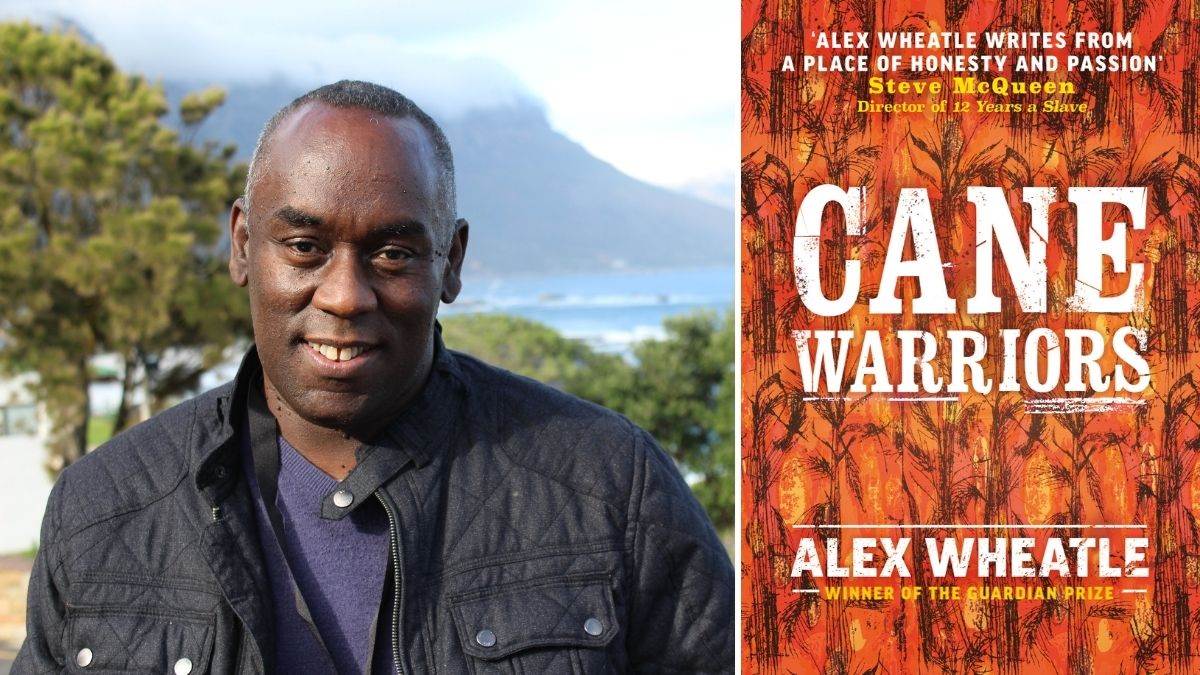"Teenage rebels": Cane Warriors author Alex Wheatle on writing about young people living through incredible events
Published on: 26 October 2020
When we read about incredible historical events - from natural disasters to uprisings against tyranny - it's rare that we see the point of view of the young people living through it. Alex Wheatle argues that the teenagers experiencing these harrowing times are key to building a kinder world.

Where are the teenage rebels?
Watching Stanley Kubrick’s 1960 classic film, Spartacus, it is easy to be swept along with the courage and gallantry of Kirk Douglas’ lead character and the other fighters who fought against Roman imperialism.
It slowly dawned on me that I could not spot any teenage rebels joining Spartacus’ revolution. Surely it would have been historically accurate to portray them playing a part. The villages that they freed had to consist of teenagers as well as grown men ready to make war against their former masters.
When I consider iconic world events in the last two hundred years or so, teenage narratives are sparse and few and far between. For example, you must search long and hard for a young adult perspective on the American civil war, the sinking of the Titanic, the Great Depression and the bombing of Hiroshima.
Young people's experiences matter
Teenagers lived through the above events and many others, and their lived experiences are just as intense as anybody else’s – if not more so. They too bore the scars of life-changing catastrophes and suffered post-traumatic stress related illnesses.
Societies often forget and neglect the trauma and impact life-changing events can have on young people.
It is why I refuse to shy away from writing about the harsh social conditions of my Crongton novels. As I write, there is a young person out there somewhere who is confronted with similar scenarios and choices in Liccle Bit, Crongton Knights, Home Girl and Straight Outta Crongton.
As a young adult novelist, it is my duty to entertain and educate my readership. I also feel obliged to create characters in life-threatening situations in real historical events, and that young person lives or dies by their choices. Only by inventing these dramatic personalities on the page can the reader begin to understand the vulnerability, fear, passion, courage, love and all the other emotions that we all carry in our hearts. We can learn about world historical events in documentaries and textbooks but for me, to read about such a character in a novel, feeds a living breath into the narrative. It comes alive.
Creating Moa
When I discovered through research that once a slave boy had turned twelve-years-old on a Caribbean sugar plantation, they were expected to perform a man’s work, I wanted to inhabit that twelve-year-old’s mindset and see what narrative I could build. It is almost impossible to imagine what that must have been like to work under the lash and toil in the cane fields from sun-up to sundown.
Slowly, I sketched out the fourteen-year-old Moa for Cane Warriors. I made him fourteen because I wanted him to join Tacky’s 1760 slave uprising. I gave him a father who did not want him to join the revolt, and a mother who urged him to take up arms. He has a sixteen-year-old best friend, Keverton. They form a remarkably close brotherhood.
I wanted Moa to have the power over life and death. What would that feel like?
For me, Moa’s story utterly compelled me.
Moving forward, I hope many of my talented peers decide to create and place young adult characters in historical situations. We need to remind society that young people lived and suffered through these harrowing events too, and perhaps we can all try to aspire to live in a world where a young person is not exposed to so much cruelty, violence and inhumanity.
Alex Wheatle is the author of several books for older children including Crongton Knights, Liccle Bit, and Homegirl. His most recent novel, Cane Warriors, is reviewed here. Follow Alex on Twitter and Instagram.





Add a comment